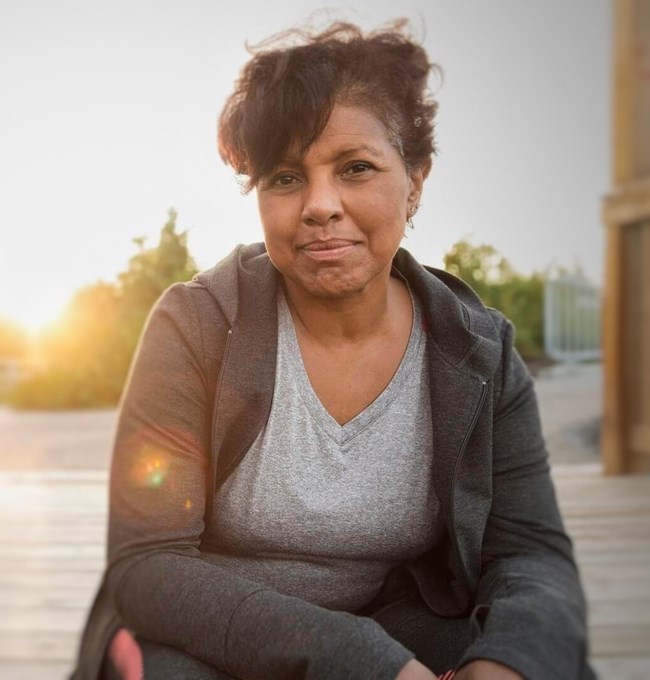Every Story Matters: Emotional realities and practical challenges of people living with cancer
Understanding the emotional impact of cancer
In our Global Oncology Patient Nonadherence Study, we asked 126 people living with cancer to describe their thoughts and feelings about their condition and treatment using just two words. Half of the sample were those living with breast cancer.
Their responses revealed a wide range of emotions—words like “fear”, “anxiety”, “scary”, “sadness”, and “shock” were most common. These findings highlight the profound emotional burden that accompanies a cancer diagnosis, regardless of how well someone manages their treatment.

Understanding the emotional impact of cancer
In our Global Oncology Patient Nonadherence Study, we asked 126 people living with cancer to describe their thoughts and feelings about their condition and treatment using just two words. Half of the sample were those living with breast cancer.
Their responses revealed a wide range of emotions—words like “fear”, “anxiety”, “scary”, “sadness”, and “shock” were most common. These findings highlight the profound emotional burden that accompanies a cancer diagnosis, regardless of how well someone manages their treatment.
Practical challenges of managing cancer
Beyond the emotional experience, the study found that nonadherent patients (i.e., those who struggle to follow their medication routines) were three times more likely to mention physical challenges such as pain, exhaustion, and fatigue.
Nearly two-thirds of those who described a negative impact on their quality of life also reported some degree of nonadherence.
When describing their main cancer medication, side effects were top of mind, especially for nonadherent patients, who mentioned them nearly twice as often as adherent patients.
Words like “fatigue”, “pain”, and “hot flushes” were common, alongside references to the routine and burden of treatment (“constant”, “daily”, “tedious”).
Why personalised support and early detection matters
These findings underscore the importance of listening to the voices of those living with cancer. Each cancer journey is unique, shaped by individual experiences and challenges.
Personalised support that is tailored to each person’s needs and perspectives can help reframe negative experiences, connect patients more deeply with their treatment, and empower them to take positive steps for their health.
Importantly, many of the emotional and practical challenges highlighted in the study can be eased when cancer is detected early.
Regular screening enables earlier intervention, which can reduce the intensity of treatment and its side effects, and help patients feel more in control of their journey.
By encouraging people to seek support and take action—whether by talking to a healthcare professional about symptoms or attending routine screenings—we can help improve the chances of successful treatment and better outcomes.
Every story matters
Recognising the emotional and practical realities of cancer, and providing compassionate, personalised support, ensures that every story is heard and every journey receives the care it deserves.
Early detection is a vital part of this support—empowering people to take charge of their health and face their journey with confidence.
Read more about a patient support programme for people living with breast cancer and our Global Oncology Patient Research.

Optimising oncology patient support
Our findings reveal new insights into the emotional journey of living with cancer and how this impacts their adherence to at-home anti-cancer medication.
These insights demonstrate the need to provide targeted and personalised support for those living with cancer to achieve Change for Good
To learn more about how these findings can be leveraged in your patient engagement strategy, contact our Global Head of Behavioural Science and Lead Researcher—Dr Kate Perry—for a 30-minute online discussion: Click Here to contact Kate and request a meeting and receive a free copy of our study report.
Read about our expertise and more behavioural science insights.
